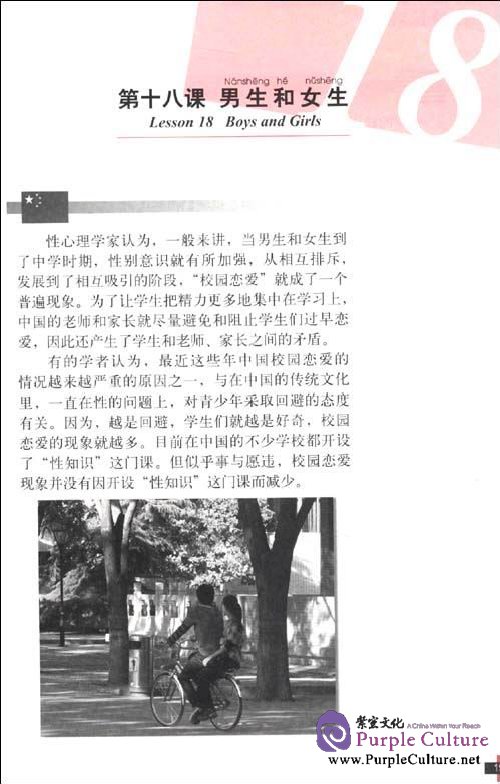Sample Pages Preview


In
Chinese history, the appointment of governmental officials has three
phases approximately, namely the recommendation system before the Sui
Dynasty ( AD 581 -618), the imperial examination system from the Sui
Dynasty to the Qing Dynasty ( AD1616- 1912), and the election system
from 1912 to the present. Compared to the history from other countries,
the constitution and implementation of Chinese election is different.
The election system is determined by the national conditions of China.
According
to the China's constitution, all the power of state belongs to the
people, the people's congress is an organization whereby people execute
state power, and the representatives of the people's congress are
elected through democratic election, representing the fundamental will
of the people.
Meanwhile, the local organizations in China cities and
villages——community committee and villager committee are also elected
through democratic election.
China has eight hundred million
peasants, compared to the town residents; both of their living
conditions and education are lower. Therefore, with the biggest peasant-
group voters, the election for villager committee can't be the same as
the one for the community committee based on town residents in form and
content.
Although some components of the Chinese election still need
to be perfected continuously, the current election system corresponds to
the Chinese condition and personal desire of the people.
Since 1911, the end of Chinese feudalism system, no matter whether in a period of Republic of China or Peop
e's
Republic of China, the concomitant of a big party and several small
parties has been a basic political complexion; the rotating reign of
parties has never happened. The election system based on a two-party
system and organizing- the-cabinet system has no deep foundation in
history, society and politics of China.

